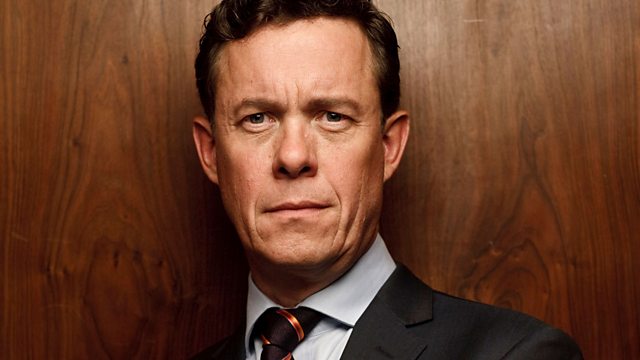
The Red Historians
The Red historians, from Karl Marx, who suffered from boils, to the most famous of 20th century communists, Eric Hobsbawm.
Richard Cohen examines the storytellers of the past, how they worked and how their writings still influence our ideas about history.
Who were the historians who changed the way history is written? How did their biases affect their accounts? Is there such a thing as objective history?
The series explores lives and works from the Greek historian Herodotus, through the great Roman historians Tacitus and Livy, with their great epic stories of war and plagues, all of them inventing stories to be more reader friendly, and then moving through Arab and Islamic writings, to the medieval historians like Bede and Geoffrey of Monmouth – the latter famous for his economy with the truth, in other words, making it all up.
The great Italian Niccolo Machiavelli became a historian by accident, Voltaire and Edward Gibbon changed the way history was written, breaking away from a God centred universe. Then there's the Red historians from Marx (always in debt and crippled by boils on his skin) to Eric Hobsbawm, the emergence of female historians, and false accounts of history.
Episode 7
The Red historians, from Karl Marx who suffered from boils and was always broke but loved visiting Margate to see the Punch and Judy shows, and wrote The Communist Manifesto and Das Kapital, with his friend Engels, to Leon Trotsky whose finest books were written in exile. The Communist Party Historians Group in London in the late 1940s – Raphael Samuel, Christopher Hill and EP Thompson, all writing about the working classes – to the most famous of them all, Eric Hobsbawm.
Author: Richard Cohen
Abridger: Libby Spurrier
Reader: Alex Jennings
Producer: Celia de Wolff
A Pier production for ���˿��� Radio 4
Last on
More episodes
Previous
Next
See all episodes from Making History: The Storytellers Who Shaped The Past by Richard Cohen
Broadcasts
- Tue 22 Mar 2022 09:45���˿��� Radio 4 FM
- Wed 23 Mar 2022 00:30���˿��� Radio 4
